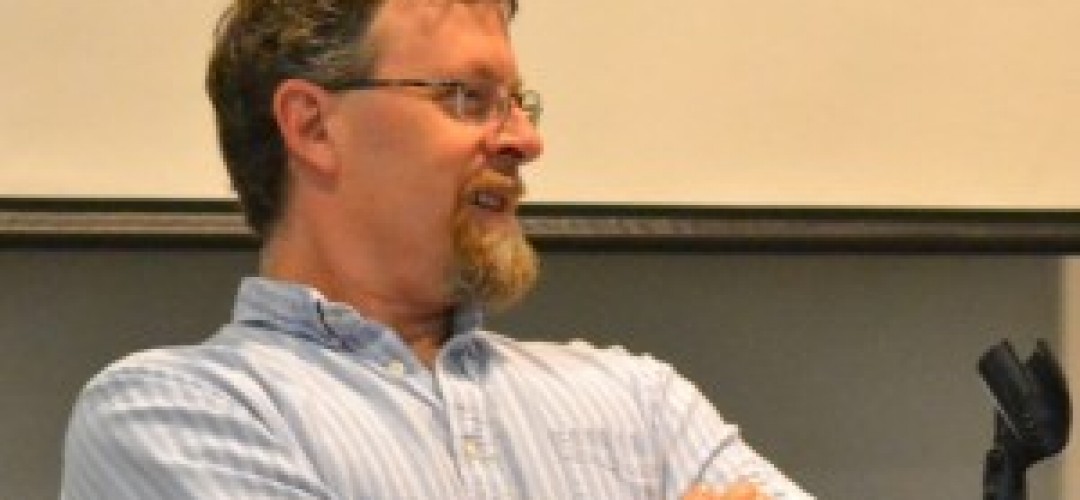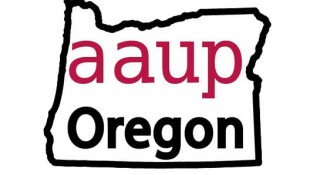United Academics at UO: standing for gender and racial equity

 by Michael Dreiling, President, United Academics at UO
by Michael Dreiling, President, United Academics at UO
Since the founding of our union, United Academics has argued that all faculty should be paid a fair and equitable wage. Through our two rounds of bargaining, we have fought to have the lowest-paid faculty members lifted up with adequate salary floors. We have also proposed and pursued equity raises to address historic imbalances in salaries within departments and in comparison to our national peers. A fair and equitable wage for all is a fundamental principle of our union, and we reaffirm that principle in light of the gender discrimination lawsuit filed by our colleague Jennifer Freyd.
In both rounds of bargaining, we tried to compel the university to address the obvious issue of inequities in salaries based on gender within departments. In the first round of negotiations, the university absolutely refused to acknowledge there were any gender-based salary inequities on campus. We were able to bargain a pool of money to address equity issues related to internal compression and inversion in the tenure-track ranks, but not money to address gender inequities. In the second round of bargaining, the university agreed to do a study to determine if there are inequities in salary that disadvantage any protected class. The equity study is in process and we look forward to sharing the results.
We have also been challenging the university administration to examine policies that may create inequities due to gender biases and institutional racism embedded in our academic and societal cultures. We have pushed them to analyze how implicit biases may lead to inequities in initial salary offers, spousal hires, merit raises, and retention offers. We believe our cultures contain deeply embedded biases that can only be addressed when we have the courage to examine our policies, identify our failings, and change our practices. We have long argued against the notion that salary inequities should be redressed by going on the job market or sucking it up.
We, of course, cannot speak to the specifics of Professor Freyd’s case or the legal validity of her claim. We can affirm that she has, disappointingly, exhausted her efforts to have her situation reviewed through internal university processes. Despite having the support of her department head and a wealth of data, her attempts to have the situation addressed by the university were rebuffed. We sympathize with her situation.
For years, we have heard from faculty like Professor Freyd about their frustrations with salary inequities. We believe there is a bigger problem here than the UO administration is prepared to admit and we consequently will continue to fight for pay equity.

